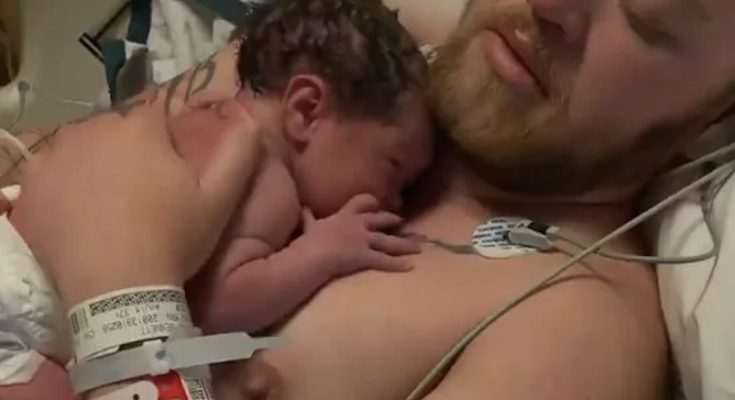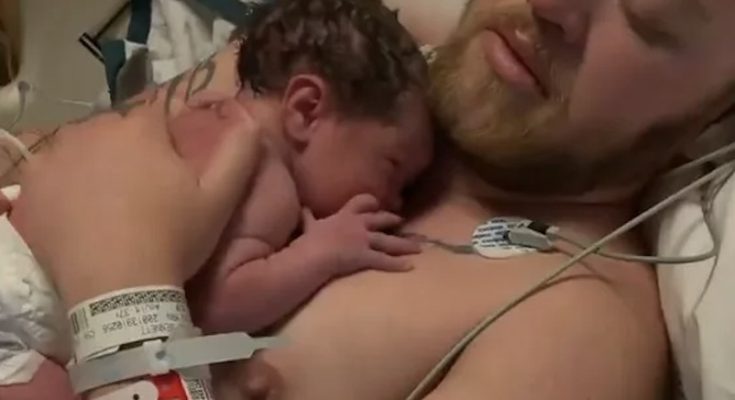Note: we are republishing this story which originally made the news in December 2021.Respecting people’s preferred names and pronouns is crucial to honoring their identities. Yet, many continue to resist this practice, often due to outdated beliefs or outright dismissal of gender diversity.Bennett Kaspar-Williams, 37, and their husband Malik welcomed their son Hudson in October 2020 via cesarean section. Despite identifying as male and using he/him pronouns at the time, Kaspar-Williams, who now identifies as non-binary and uses both he/him and they/them pronouns, faced significant challenges in the hospital. Nurses repeatedly misgendered him, referring to him as a mother instead of a father, according to the Daily Mail.Kaspar-Williams began his change in 2014 after realizing he was transgender in 2011. While he had top surgery, he chose not to undergo lower body procedures. The experience of pregnancy and childbirth was both rewarding and difficult for Kaspar-Williams. He was particularly disheartened by medical staff’s persistent misgendering, which ignored his gender identity.
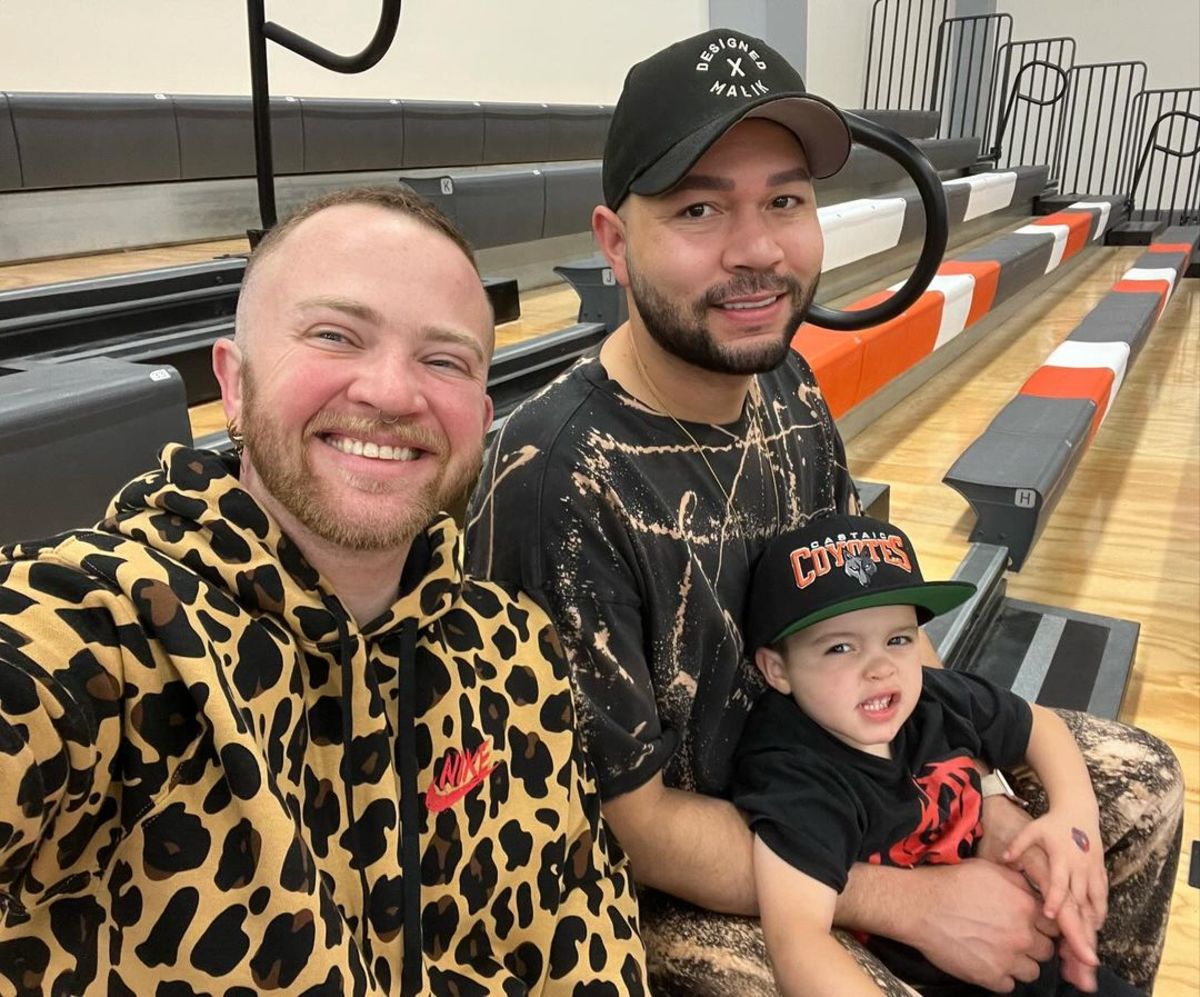
Even though Kaspar-Williams clearly manifest his gender on medical forms, the nursing staff continued to misgender him during interactions. This experience highlighted the ongoing struggle for recognition that childbirth and gender identity are not inherently linked.Kaspar-Williams expressed his distress over being misgendered during childbirth, emphasizing the need to separate the concepts of womanhood and motherhood. He shared his frustrations with the New York Post, explaining the discomfort he felt when called “mom” despite indicating “male” on medical paperwork.
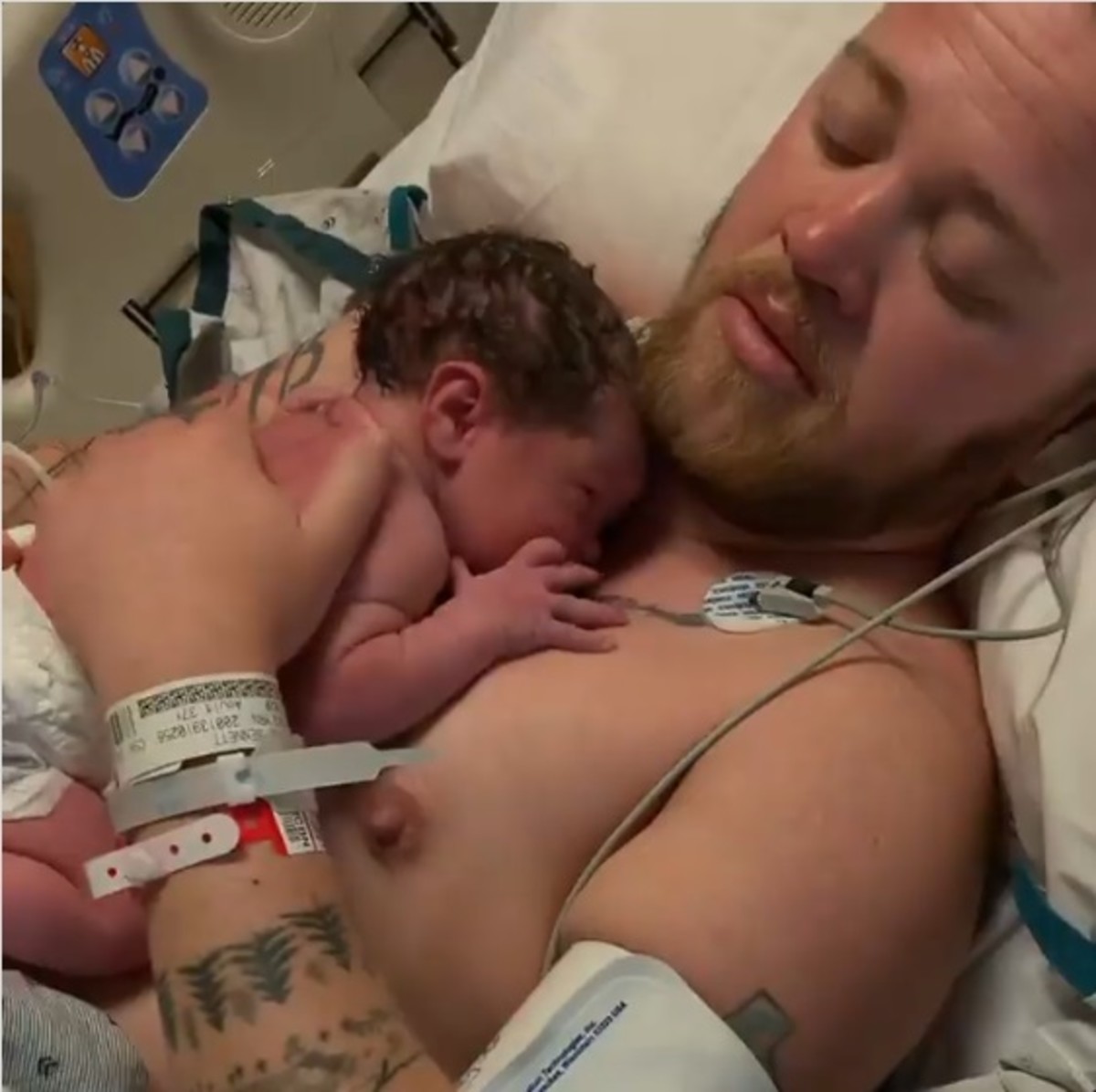
“No one can ever really know whether having children is possible until you try — being born with a uterus doesn’t make conceiving or carrying a certainty,” Kaspar-Williams said. “That’s why it’s so important that we break defining ‘womanhood’ in terms of ‘motherhood,’ because it’s a false equivalency that all women can become mothers, that all mothers carry their children, or that all people who carry children are mothers.”By choosing to embark on his pregnancy journey after separating the concepts of bodily functions from gender identity, Kaspar-Williams’ story underscores the complexities of identity and the vital importance of respecting individuals’ self-identification.
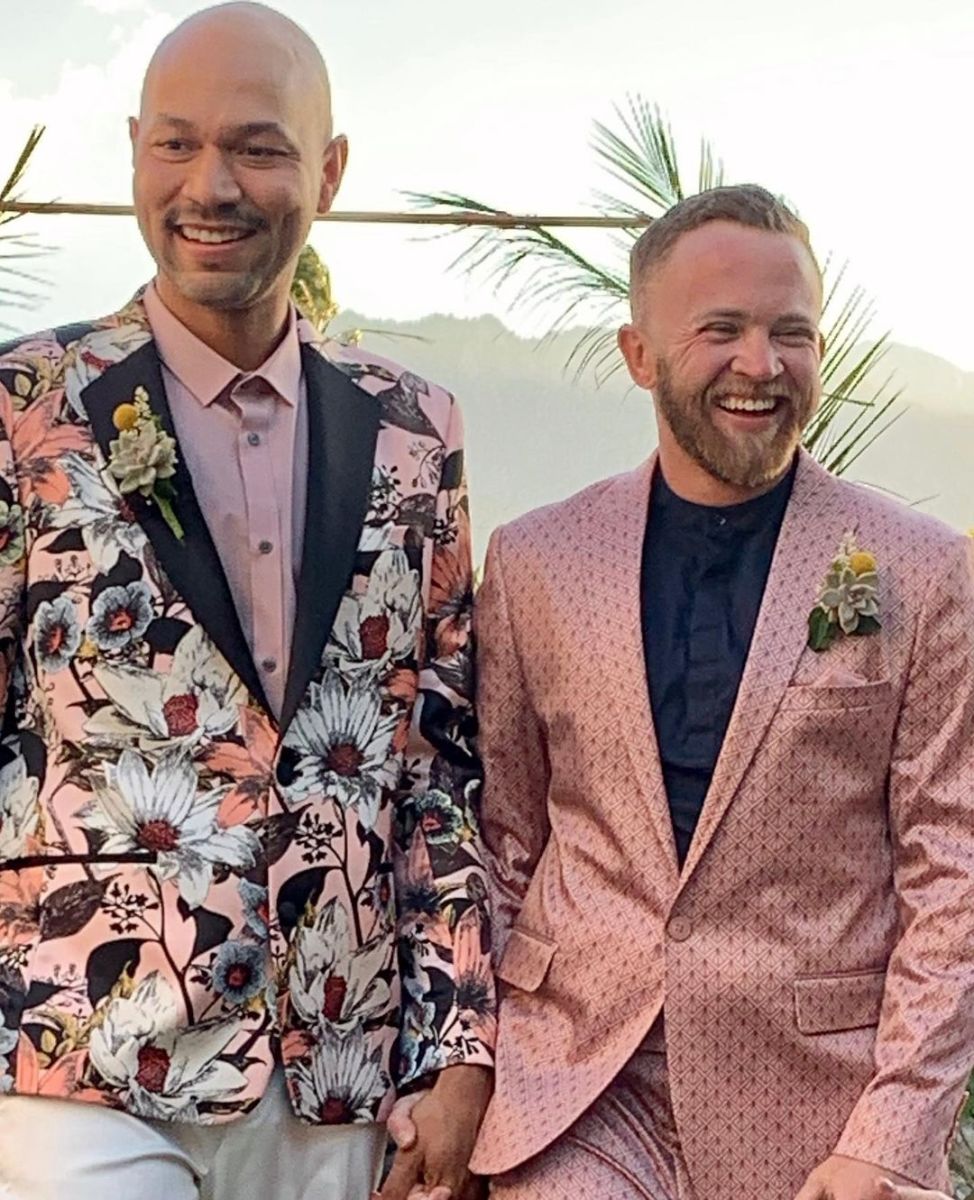
Kaspar-Williams’ experience is a stark reminder of the need for greater awareness and sensitivity in medical settings. As society evolves, so too must our understanding and respect for gender diversity. By honoring people’s chosen pronouns and names, we take a significant step toward a more inclusive and respectful world.His journey through pregnancy and childbirth serves as a powerful example of the need for change in how we perceive and address gender in various aspects of life, especially in critical areas like healthcare. This story is not just about one individual’s experience but about the broader implications for how we treat and respect each other’s identities in all walks of life.
